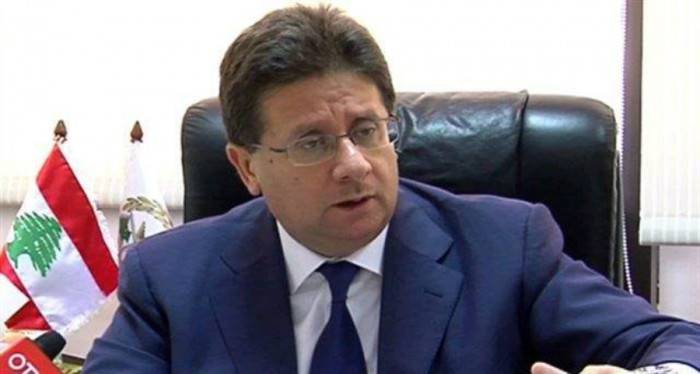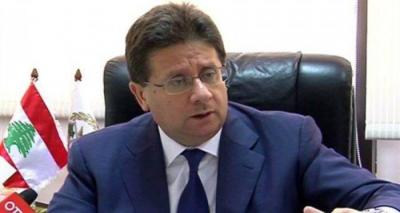Head of the Finance and Budget Committee, Deputy Ibrahim Kanaan, announced after a meeting of the committee that the decision was made to refer the file to the financial judiciary, the Audit Court, following the completion of the required documents from the Central Bank and the Ministry of Finance. He emphasized that there should be a stance from the General Assembly regarding two violations:
- The first is the spending without oversight and without returning to the Parliament, in violation of the principle of comprehensiveness stated in Article 83 of the Constitution, which necessitates either a budget, additional appropriations, or exceptional credits, none of which occurred.
- The second violation pertains to the opening of special accounts at the Central Bank. He noted that the committee's ongoing issue with successive governments has been this type of violation, which led, for example, to the loss of donations amounting to 5 billion dollars from 1993 to 2013. It is not permissible for the Central Bank and the government to open special accounts that bypass the treasury in clear violation of Article 242 of the Public Accounting Law.
Kanaan affirmed that "the aim is to define responsibilities and send a message to the executive authority and future governments that such practices cannot continue." He stressed that "this parliamentary oversight is devoid of political motives; our work in the Finance Committee is known to be primarily legal and national, for the sake of the country and the regulation of financial matters according to the laws and the Constitution."
He also stated that "the government must operate within the framework of the Constitution, law, and accountability, which is what we strive for, not through 'a few papers' sent to the Parliament that cover the government's violations and absolve it of its responsibilities while demanding laws that are mostly mere ink on paper. They should take responsibility and respect the laws, and the judiciary needs to act without being overridden by political interventions."
In this context, he commented through "Al-Jadeed" that "the government must clarify on what basis it spent nearly 1.14 billion dollars from Lebanon's rights and whether it is permissible to open a special account for any institution or government in clear violation."
The newspaper "An-Nahar" reported that the Finance and Budget Committee would convene today to discuss the issue of spending from Lebanon's special drawing rights, which were decided by the Board of Governors of the International Monetary Fund following the COVID-19 pandemic and its negative impacts on global economies. The allocation of special drawing rights was decided to support the liquidity of member countries, particularly the poorer ones, with Lebanon’s share being 607.2 million special drawing rights sold for approximately 1.14 billion US dollars. The government deposited this amount in a special account opened at the Central Bank for this purpose.
On April 11, 2022, the balance of this amount was 1,139,951,437 US dollars, approximately 1.14 billion US dollars, and the government had not disbursed any amount from it. Since April 12, 2022, expenditures have been made from the amounts resulting from the special drawing rights, to the extent that information indicates the total amount has been fully spent.
In a list obtained by "An-Nahar," which details expenditures up to December 8, 2022, it shows that an amount exceeding 636.1 million US dollars has been disbursed for the following expenses:
- Electricity: 221.59 million dollars
- Medicines: 190.05 million dollars
- Wheat: 112.08 million dollars
- Loans: 95.54 million dollars
- Passports: 13.24 million dollars
- Costs of special drawing rights: 4.09 million dollars
- Fees for the Ministry of Justice: 0.683 million dollars
The government justified this spending as being in the interest of the public good. Regarding today's meeting, Deputy Ibrahim Kanaan told "An-Nahar": "The discussion will focus on the legality of this spending more than its feasibility and the responsibility of both the government and the Central Bank for approving this spending according to the adopted mechanism, without adhering to the principle of comprehensiveness and returning to Parliament through a budget or additional or exceptional appropriations, and through a special account outside the treasury's account 36, which basically means without any oversight."




